Last week, the Heritage Foundation released a damning report on US military strength in 2023. ‘As currently postured, the US military is at growing risk of not being able to meet the demands of defending America’s vital national interests,’ it began.
The Army’s capacity is ‘marginal’ with only 62 per cent of the force it needs and ageing faster than it is modernising. The Navy, which would be crucial in the defence of Taiwan, is ‘weak’. It needs a force of 400 manned ships but has only 298 and is shrinking. The airforce is ‘very weak’, with only 86 per cent of required capacity and short of 1,650 pilots. Only the Marine Corps and nuclear capabilities are rated ‘strong’ but the latter is trending down towards ‘marginal’ or ‘weak’ because the US is facing two nuclear enemies and the effectiveness of its deterrence depends on the capacity of its delivery systems.
US military weakness comes at a time when threats to the US are great and growing; the Russian invasion of Ukraine, China’s military expansion and bellicose behaviour, North Korean missile threats, and Iran’s pursuit of nuclear capability and funding of terrorists. The prospect of a war on two fronts with Russia and China, assisted by their allies Iran and North Korea, is real.
At the same time, Chinese military strength is ascendant thanks to the rise and rise of Xi Jinping. On 15 November it will be a decade since Xi became general secretary of the Chinese Communist Party. He has used that time to cement his control of the CCP, arrange an historic third term, stack the politburo standing committee with his loyalists and humiliate his predecessor Hu Jintao.
In Xi’s speech at the opening session of the recent 20th National Congress he promised to make 2027 the year in which China becomes a global military power, which is, he says, ‘a strategic requirement for the comprehensive construction of a modern socialist state’, ending what he calls China’s ‘hundred years of humiliation’.
In reality, China is already a military superpower with thousands of ballistic, cruise and hypersonic missiles, three aircraft carriers, a fleet of stealth fighters and an arsenal of nuclear weapons. China has openly discussed a first strike ‘bolt from the blue’ attack on US satellites, communications, air bases and naval assets to dissuade the US and its allies from fighting at all. It also wants a second strike capacity to dissuade the US from a first strike.
No doubt emboldened by US weakness, Chief of Naval Operations Admiral Mike Gilday said on 19 October that China could invade Taiwan as early as this year, dramatically shortening the timeline previously proposed by retired admiral Phil Davidson who told Congress last year that China could invade by 2027.
In view of this threat it beggars belief that the Biden administration continues to weaken the US military further. Vaccine mandates are tumbling in the US yet the mandate imposed by Secretary of Defense Lloyd Austin on the US military is still in place, despite the fact that it is undoubtedly hurting military readiness. As of August, about 5,700 service members had been discharged from the Army, Navy, Air Force and Marine Corps for refusing to get vaccinated and the Army is preparing to discharge up to 14,000 more soldiers for refusing the shots.
Military whistleblowers spoke out against the mandate again this week. Air Force First Lieutenant John Bowes, an F-16 student pilot, said reports have been sent to Congress highlighting the impact of the vaccine on military readiness and the health of service members. He was speaking out on behalf of 800 unvaccinated pilots including 14 instructor pilots who had been grounded despite the fact that there is a shortage of 1,650 pilots, and 80,000 service members who want to serve their country and can’t because they refused the mRNA Covid vaccines, which are particularly risky for healthy, young men.
Even Moderna CEO Stéphane Bancel said this week that Covid should be treated like the flu, that only the vulnerable need shots, and younger people ‘are going to have to decide for themselves what they want to do’. Given, as Republican congressman Thomas Massie put it, that the mandate has diminished morale, impacted recruiting, and precipitated early separations from service why is the Department of Defense continuing to harm its capacity in this way?
That question should be posed more broadly to the Biden administration. Since its election it has dismantled Trump policies such as the China initiative, set up in 2018 to combat Chinese economic espionage in American research and industry. Its dismantling of Trump’s energy policy was even more destructive of the US economy, unleashing inflation and killing jobs, as well as empowering America’s enemies – Russia, Venezuela, Iran – from whom it has said it would import fossil fuels rather than extract them at home.
It is hard to escape the conclusion that some members of the Biden administration seem to be happy to further Chinese interests if it enriches them personally. Investigative journalist Peter Schweizer had already reported on how President Biden’s family had profited from million-dollar deals with Chinese companies. In his book Red-Handed: How American Elites Get Rich Helping China Win, released in January, he reported on US politicians and government officials on both sides of the aisle who he says have been bought off by China’s strategy of ‘elite capture’. He gives the example of former secretary of defense Bill Cohen who set up a consultancy, the Cohen Group, and hired retired generals and former CIA officials, who effectively lobby for Chinese companies to expand their power and influence.
Australia is not immune from these influences. The Cohen Group includes retired air chief marshal Sir Angus Houston who was appointed in August by the Albanese government, together with former Labor defence minister Stephen Smith, to review the Australian Defence Force in light of China’s ‘more aggressive posture’.
As conflict with China looms, Australia, like the US, urgently needs to strengthen its military capacity, not sabotage itself, if it is to deter war in the Taiwan Strait.
Rebecca Weisser is an independent journalist. Like what you read? Consider supporting her work at PayPal.
Got something to add? Join the discussion and comment below.
Get 10 issues for just $10
Subscribe to The Spectator Australia today for the next 10 magazine issues, plus full online access, for just $10.
You might disagree with half of it, but you’ll enjoy reading all of it. Try your first month for free, then just $2 a week for the remainder of your first year.

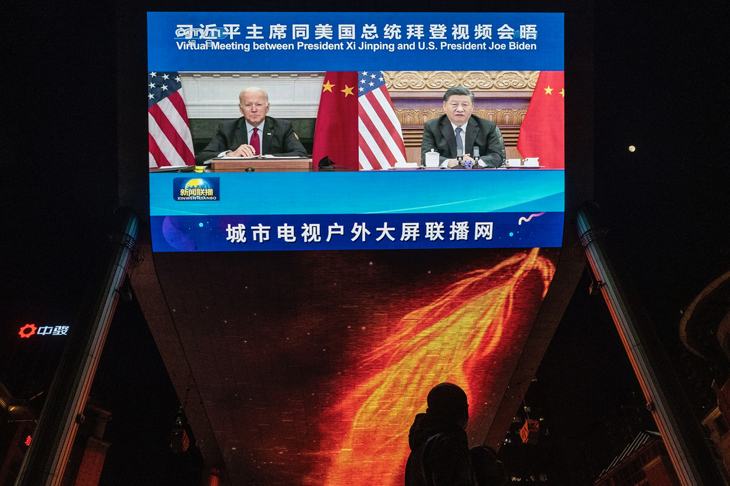
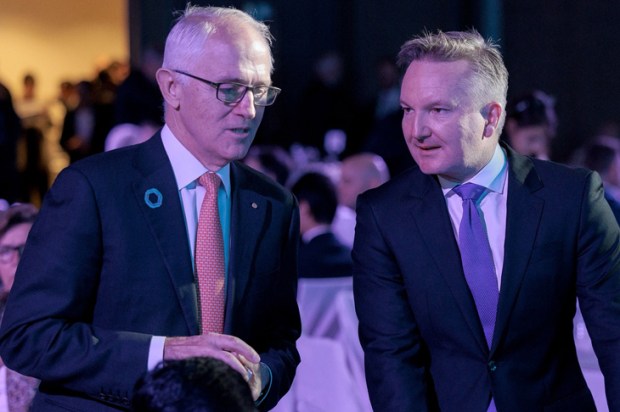

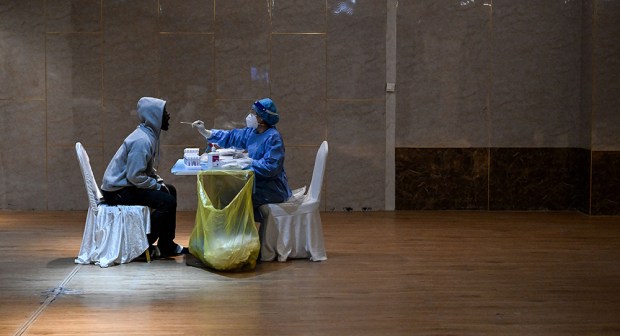
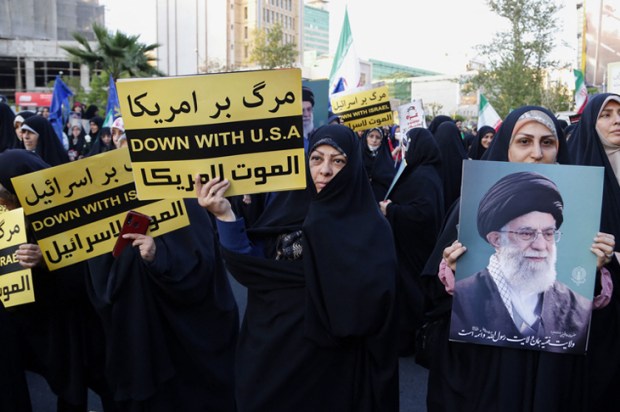
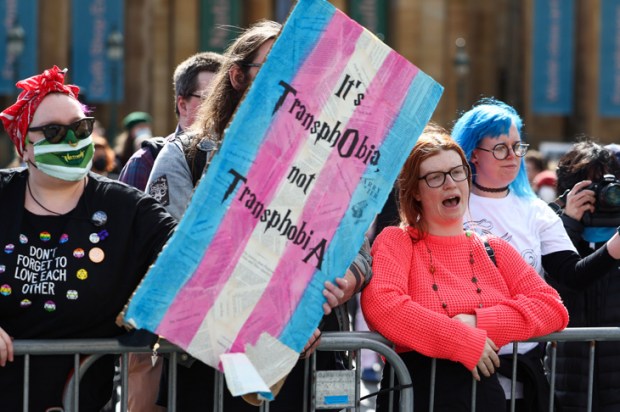







Comments
Don't miss out
Join the conversation with other Spectator Australia readers. Subscribe to leave a comment.
SUBSCRIBEAlready a subscriber? Log in